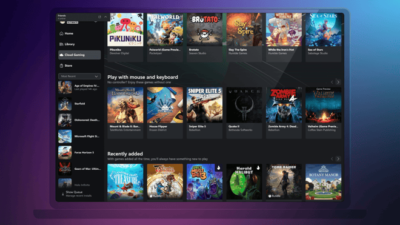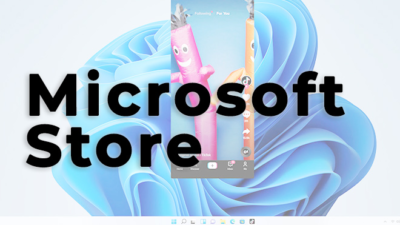Mind Those Talking Points and More — 5 Strategies to Ace Media Interviews

There’s no substitute for authenticity. You can have the most flattering website in the world, and the most sophisticated social media presence imaginable. But if you can’t point to something real, something that you clearly did not have a hand in, you’re going to have trouble calling yourself authentic.
That’s ballast for your brand. You’re competing against people with legit authentic credit — or, at least, people who do a better job fooling the world.
Earned Media For the Win
That’s where earned media comes in. Get someone else to tell your story and you gain credibility that’s simply out of reach if you retain total control. All press is good press, right?
But talking to the press is its own art form. Here’s what you need to do to stick to your talking points and ace the interview.
1. Make Your Answers Digestible
Your interviewer will be smart, maybe smarter than you realize. But they’re likely to be working on a deadline, and they’re responsible for a lot more than it seems like sitting across the table from them. There’s also a good chance they’re not an expert in your field. With all that in mind, keep it simple. Always keep it simple.
This interview with Steve Streit, a financial technology entrepreneur, and investor, shows what that looks like in practice. Streit’s answers are all succinct and actionable, and he minimizes those that run on longer — like the first — into shorter, easier-to-understand takeaways.
If you have the option to submit your answers in writing, this is easier to do. If you must give a speaking interview, practice keeping your answers short and sweet.
2. Be Quotable — But Don’t Do Your Interviewer’s Job for Them
This is also easier if you’re able to submit your answers in writing. Though no matter the format, you’ll want to be careful not to push your interviewer to include any quotes verbatim or even suggest which parts of your answers might be quotable.
And they’ll outright resent it if you say anything to the effect of “Write that down.” They know how to do their jobs better than you do.
Still, the more material you give them to work with, the better. Read a few recent articles from the person you’ll be speaking with and see what they chose to quote (and how) — then do your best to put yourself in their subjects’ shoes.
3. Be Prepared for the Conversation
Don’t just read articles written by the person you’ll be speaking with, or view or listen to their clips if you’ll be speaking on video or audio.
Even if you know the subject matter cold, review the key points you’re being asked to speak on. Write up talking points for live and recorded interviews. If possible, practice in front of a mirror — or better yet, a real person — until you can give your answers in one take, with minimal “ums” and “ahs” and with no indication that you don’t actually know what you’re talking about.
4. Fake It ‘Til You Make It, But Assume Your Interviewer Will Check Your Facts
To be sure, you sometimes won’t know exactly what you’re talking about. Or you’ll need to tell a story that’s, shall we say, a bit rosier or more interesting than reality.
It’s fine if you need to put your best foot forward or even embellish a bit. But don’t cross the line into untruth or even exaggeration, and don’t make something up or “best guess it” just because you haven’t had time to get the actual name or figure or whatever.
Your interviewer will check your facts to the best of their ability. If it becomes clear that you’re not playing it straight, the best-case scenario is they miss the error. The less good case is the story doesn’t get published.
And the worst-case scenario? You don’t want to know the worst-case scenario.
5. Ask to See Your Quotes Ahead of Time
This is your right, and reputable reporters usually indulge. In fact, if you’re speaking with a well-resourced outlet, you’ll probably be contacted by a fact-checker responsible for making sure the reporter does their job.
But don’t expect to read the story itself unless you’re paying for the coverage. (In which case, we’re not talking about earned media anymore.) This is both a quality control thing — outlets don’t want sources leaking stories before they’re published — and journalism 101 ethics. Hate the game, not the player, and all that.
You’ve Got This
You don’t need to be a PR professional to ace a media interview. You don’t even need to be good at public speaking, whatever that means.
You just have to stick to your talking points and understand what the person you’re talking to is really after. Don’t make them out to be bigger — or smaller than they are — and you’ll be in good shape.
Research Snipers is currently covering all technology news including Google, Apple, Android, Xiaomi, Huawei, Samsung News, and More. Research Snipers has decade of experience in breaking technology news, covering latest trends in tech news, and recent developments.











